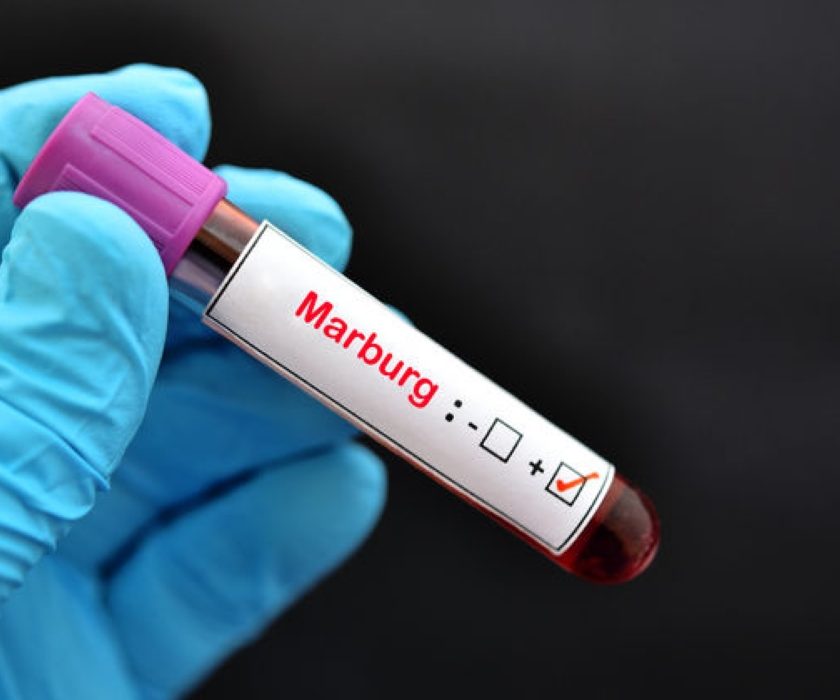Some young people living with HIV report that they experience severe discrimination, including marginalization and stigma, which leads many to lose hope for their future due to the deprivation of their life dreams.
One of them is Giramata (a name we have given her), who lives in the Muhura sector of Gatsibo district in the Eastern Province. She contracted HIV while in her fourth year of secondary school and states that it was then that she began what she calls the trials of life.
Marginalization and Stigma Started with Her Mother
Giramata said: “I contracted HIV from a boy who lived next to me. After hearing people say he was infected, I went for testing and found out that he had indeed infected me. I immediately started taking antiretroviral therapy. When my mother learned that I was infected and saw the medication I was taking, I began to feel her pressure. She turned my siblings against me, and that is when they began to insult and ostracize me, leading to my expulsion from home because I was studying and she sent me to live with my grandmother, thus ending my educational journey.”
Giramata continues to say that when she arrived at her grandmother’s, she found that news of her HIV status had spread, resulting in significant ostracism. Family members shunned her, prohibiting her from touching any utensils, and no child was allowed to speak to her, while her uncles tormented her, saying she had brought disaster to their home.
After experiencing such severe discrimination and stigma, Giramata stated that she left her grandmother’s house to look for domestic work, but due to the shame and embarrassment of requesting permission to go to the clinic to collect her HIV medication, she was left vulnerable to contracting tuberculosis, as she became seriously ill when she went to the hospital.
How Stigma and Marginalization Led Giramata into Sex Work
Giramata states that while in the hospital, she met a sex worker living in Gatsibo, specifically in the Muhura sector. They became friends, and after being discharged from the hospital, she immediately headed to Muhura and began engaging in sex work, although it didn’t go well for her as she explains.
She says: “As soon as I got to Muhura, I started sex work. Men pursued me, but because it was something I was not used to, I soon became pregnant, which prevented me from adhering to my medication properly. When I finally went for testing, I was already eight months pregnant, which is how I ended up infecting my child, who was born with HIV.”
The Impact of Stigma on Giramata and Her Child
Giramata explains that although she was lured into sex work and contracted HIV, had her mother not been the catalyst for the discrimination and marginalization she faced, she would have completed her education, found a job, and had the chance to improve her life and possibly have children who do not carry the virus.
She said: “The trauma, despair, and fear are what have led me to this life of misery I’m living now; I don’t think about the future. I constantly worry that the violence I experienced might also affect my child.”
Stigma and Marginalization in Schools
As the Rwanda Biomedical Center (RBC) in partnership with the Strive Foundation Rwanda was conducting a campaign to prevent new HIV infections, especially among young people in the Gatsibo district, some youth who are members of the Rwandan Network of People Living with HIV (RRP+) reported that in schools, once it is known that a student has HIV, studying becomes very difficult.
One of them, David (a name we have given him), said: “I experienced discrimination and was marginalized when my classmates learned that I was HIV positive after I tested during a public health campaign. At that time, the students we were studying with began to ostracize me; they shunned me and turned me into an example of someone with HIV in the school, and all this was overlooked by the school authorities. This affected my studies negatively, as I completed my six years of secondary education in five different schools.”
Denial of Job Opportunities
Keza (a name we have given her) stated that she graduated from a university with a degree in hotel and tourism management, achieving top marks and was on her way to achieving her dreams, but those who had lower scores were hired while she was not.
She said: “I was born with HIV, but I grew up well, excelling in my studies. When I started university, my goal was to succeed and have the opportunity to work abroad, but after passing the job entrance exams, before I could start my job, the application process required HIV testing, and that’s when I discovered that I had lost the job opportunity because they do not hire people living with HIV.”
Keza confirms that she now works in a regular restaurant in the city of Kigali, and the stigma and marginalization have hindered her ability to realize her dreams.
Health Institutions Are Not Free from Stigma and Marginalization
Dr. Basile Ikuzo, head of the HIV program at the Rwanda Biomedical Center (RBC), confirms that discrimination and stigma against people living with HIV in health institutions have serious repercussions.
He stated: “Discrimination and stigma perpetrated by health institutions make some people living with HIV afraid to access the services they need due to the stigma, especially among young people, which is one of the causes of the rising new HIV infections among youth.”
Dr. Basile explained that discrimination and stigma in health institutions are evident in language, attitudes, and practices that are inappropriate towards people living with HIV, whether in labeling them, lack of confidentiality at work, or saying that someone has HIV when they are present, as well as mistreating or providing poor service to someone living with HIV.
RRP+ Affirms that Stigma and Marginalization Prevail Against Youth
In training sessions with journalists working against HIV in Rwanda, Muneza Sylvie, the leader of the Rwandan Network of People Living with HIV (RRP+), emphasized that stigma and marginalization against people living with HIV are still prevalent.
She stated: “Stigma and discrimination against people living with HIV are still present, particularly among young people, especially those in schools, among couples where one is infected while the other is not, and in Rwandan society as a whole.”
The State of Stigma and Marginalization in Rwanda
Research conducted on the stigma and discrimination experienced by people living with HIV in Rwanda revealed that in 2020, the rate was at 13%.
BY NIKUZE NKUSI Diane






